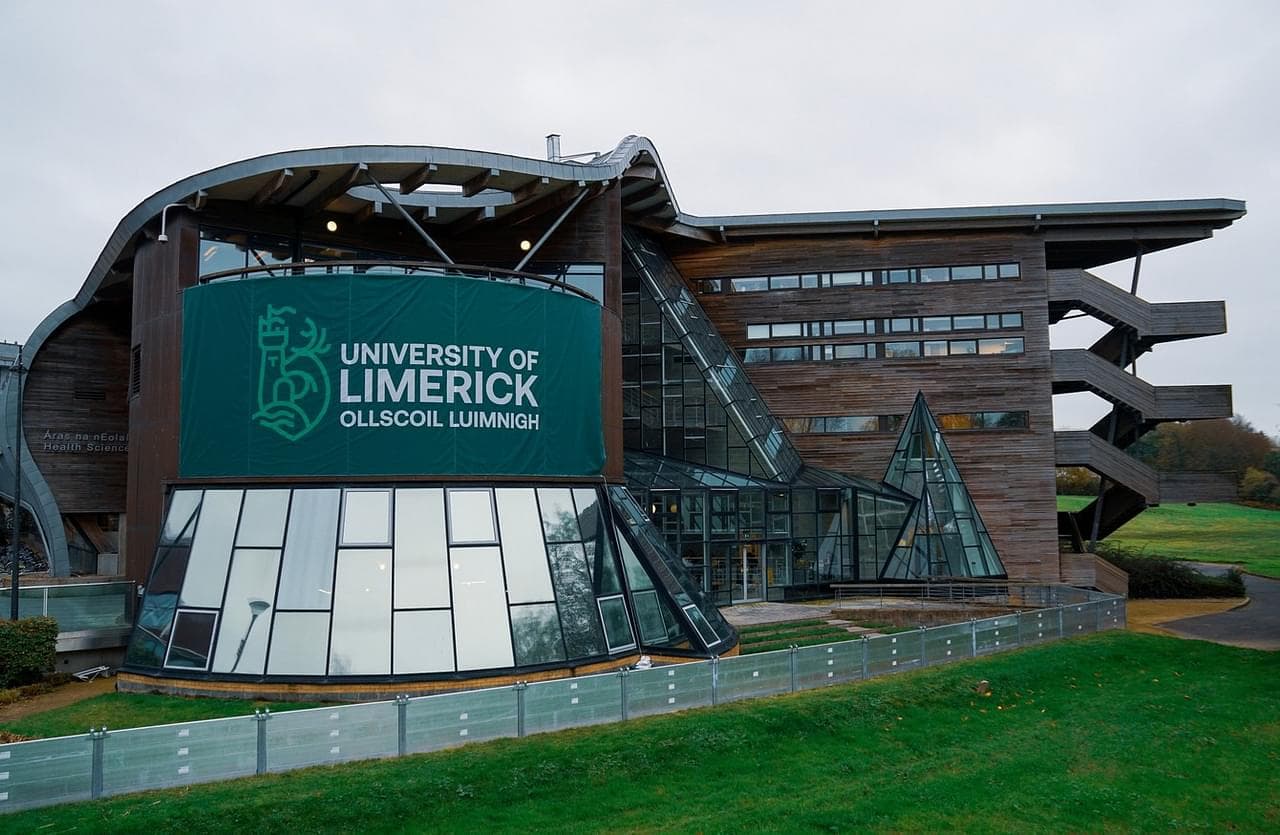Throughout this course, you will be provided with a strong foundation in both engineering and design principles, with a clear focus on project-based learning. You will also be provided with an in-depth knowledge of manufacturing processes and how products are made, and will be encouraged to develop design solutions to real-life manufacturing problems.
This four-year programme consists of eight semesters and is divided into two parts. Part I, comprising the first year of study, will provide a foundation in the fundamental engineering subjects and makes up for variations in the background of individual students. The modules during the first year are common to Mechanical Engineering, Civil Engineering and Biomedical Engineering.
Part II comprises the remaining three years. The final degree award is based on your performance during these three years. Generally, you will study five modules per semester, with each semester worth 30 credits. Each semester contains a mix of design and manufacturing related subjects including areas such as the fundamentals of design, automation, supply chain design and advanced manufacturing processes. You will also achieve a high level of capability with SolidWorks and will use Conceive-Design-Implement-Operate (CDIO) approach with an emphasis on Engineering Design and team projects.
At the end of Year 2, you will undertake a work placement in industry for an eight-month Cooperative Education period. This period provides experience of the practice and application of engineering methods in an industrial environment. You will then return to the University for the spring semester of third year.
An important feature of this programme is the final year project (FYP). The individual project topic will be allocated to you near the end of third year, following an extensive consultation process. You will have almost 12 months to undertake this major piece of work and prepare a report of the work for assessment. The project is an opportunity for you to express your creative and analytical skills in an imaginative and professional way and many students are proud to show their work at subsequent job interviews.
By the end of this course, you will be in a position to manage the lifecycle of new products from design, through production and on to end-of-life recycling.
Topics covered include;
- Production Technology
- Plant Automation
- Materials Selection
- Engineering Design
- Simulation
- Engineering Economics, Ethics and Sustainability
Year 1
Semester 1
- Chemistry for Engineers
- Electrical Engineering 1
- Engineering Computing
- Introduction to Engineering 1
- Engineering Mathematics 1
- Engineering Science 1
Semester 2
- Engineering Mathematics 2
- Engineering Mechanics 1
- Fluid Mechanics 1
- Materials 1
Choose 1
- Structural Engineering Design
- Introduction to Design for Manufacture
Year 2
Semester 3
- Operations Modelling (ENG)
- Engineering Mathematics 3
- Mechanics of Solid 1
- Design Methodology
- Ergonomics Foundation
Semester 4
- Plant Automation (ENG)
- Industrial Organisation
- Engineering Mathematics 4
- Manufacturing Processes 4
- Product Design and Modelling
Summer
Year 3
Semester 5
Semester 6
- Engineering Design
- Product Automation
- Project Planning and Control
- Mechanics of Solids 2
- Manufacturing Information Systems
Year 4
Semester 1
- Design Project 1
- Simulation Modelling and Analysis
- Measurement and Quality Systems (ENG)
- Experimental Design
Choose 1
- Medical Device Design and Placement
- Supply Chain Design
- Design for Manufacture
Semester 2
- Design Project 2
- Design Project 3
- Engineering Sustainable Products
- Advanced Manufacturing Systems
- Engineering Economy

